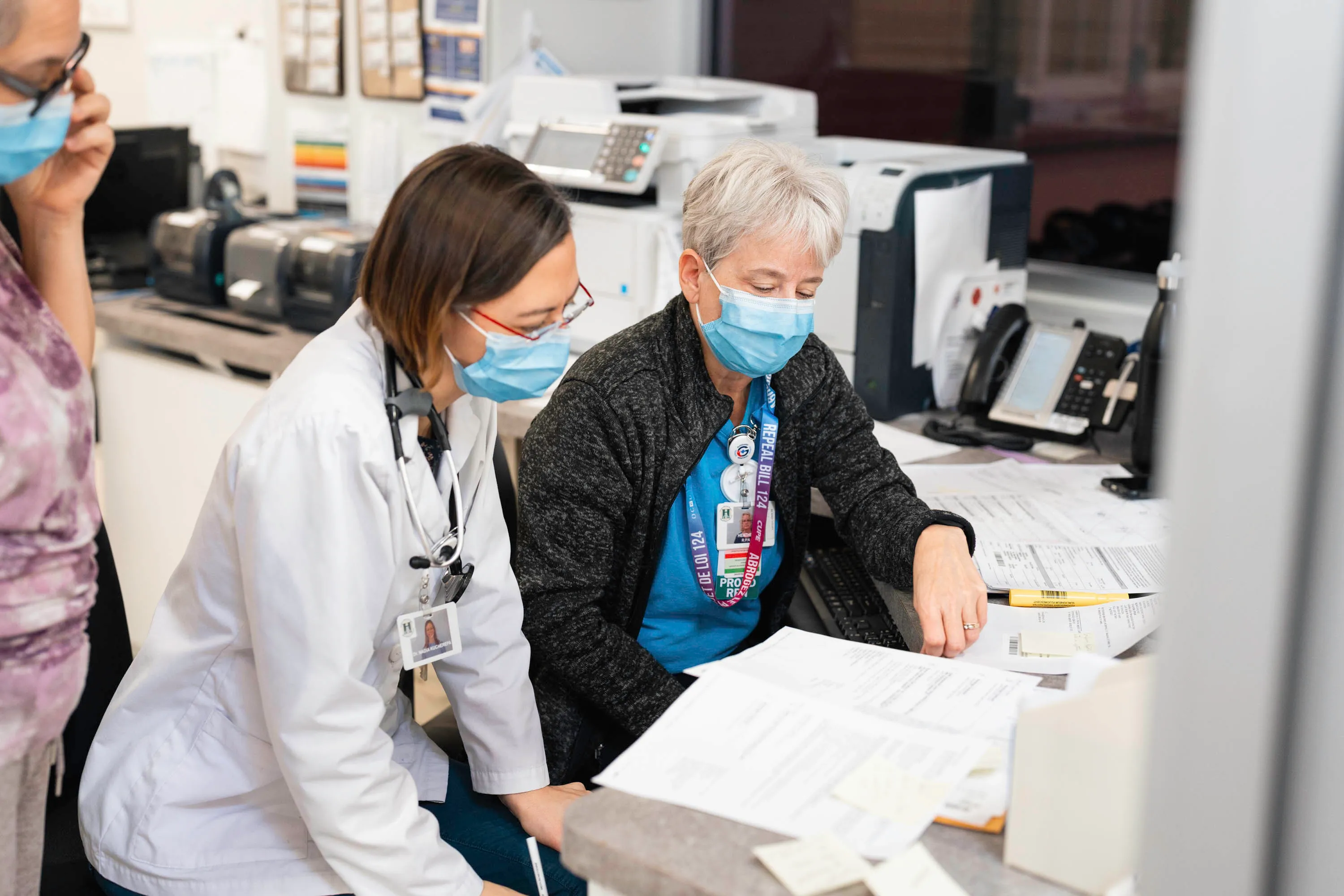Emergency

Alternatives to the Emergency Department
To help us alleviate long wait times and high volumes at our Emergency Department, we ask that you also explore these alternatives to finding care that you need.
Ontario
- East Region Virtual Care Clinic
- Health811
- Alternatives for children – CHEO
Québec
- Info-Santé 811
- Primary care access point
- Québec Medical Appointment Scheduler
- Bonjour-santé | Online medical appointment booking
- Alternatives for children – CHU Ste-Justine
Our Emergency Department
The HGMH Emergency Department is a 24-hour service designed to care for sudden or severe injury. Routine medical procedures such as physicals should be seen to by your Family Physician or at a community walk-in clinic. The department is served both by emergency physicians and registered nurses who see a large number of patients every day. Due to the high volume of patients coming in and out of the Emergency Department daily, wait times can be slightly daunting. We appreciate your patience and consideration in this matter and ask that you notify a nurse should your condition worsen while you wait.
When checking into emergency, there are a few things that patients must remember to bring with them:
- Proof of valid medical insurance provided by the Government of Ontario (OHIP Card) and/or other.
- A list of any and all medications as well as containers of medications which you are currently taking, including over-the-counter medications.
- Any supplementary health records.
Triage
"Triage" is the term used to describe the process of making sure that patients with the most serious conditions are treated first. Hôpital Glengarry Memorial Hospital abides by the Canadian Triage and Acuity Scale (CTAS) to ensure the more severely ill or injured patients get seen to first. Upon entering the emergency department, advise the triage nurse if you have an ARO (antibiotic resistant organism). The Triage Nurse will then to make an assessment of your condition by asking questions and taking your blood pressure, heart rate, temperature, and so forth. At this point you should inform us of any allergies you may have or medications that you are taking. After this process, your chart is passed to the clerk, who will take your name and OHIP card, verify your demographic information, and ask you to be seated until your name is called.
Upon discharge from the Emergency Department
If you have any questions, please do not hesitate to ask the emergency physician or nurse. For example, you may have questions regarding your medications, follow-up tests, or where to get results of the tests that are being arranged. We thank you for helping us ensure that your care plan is clear to you.

